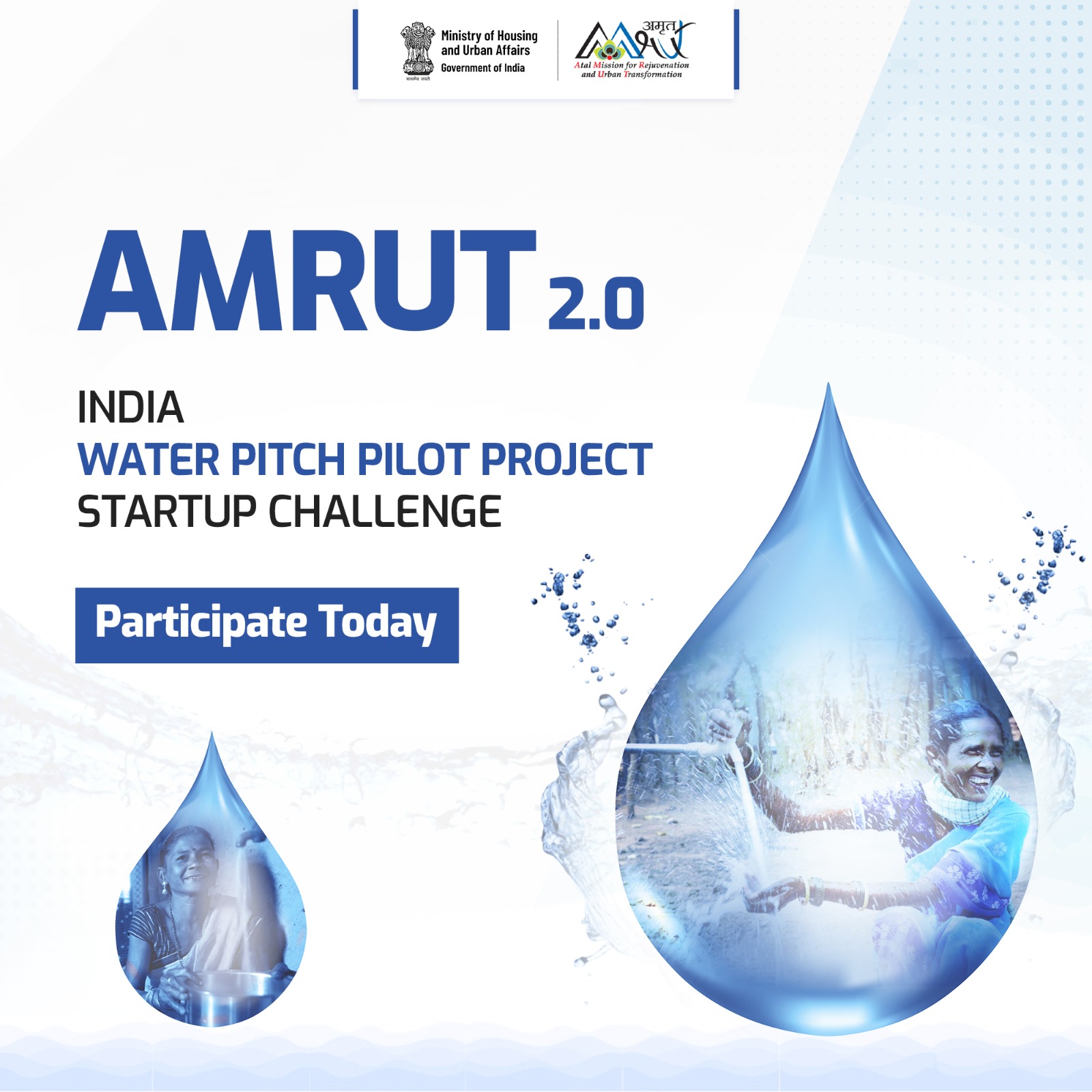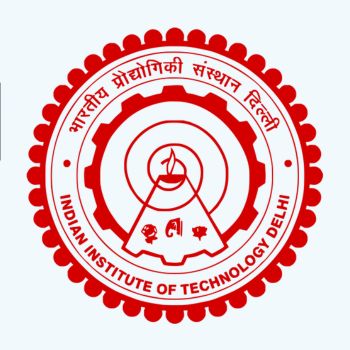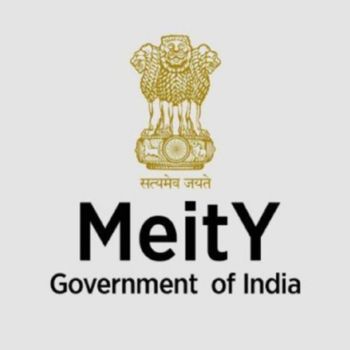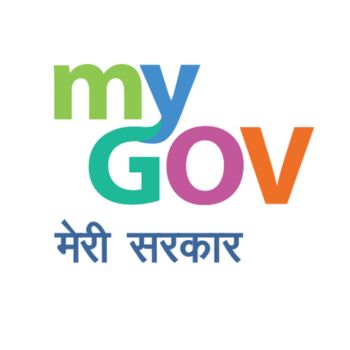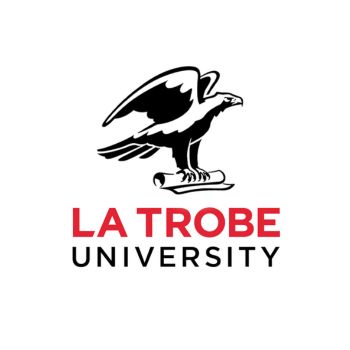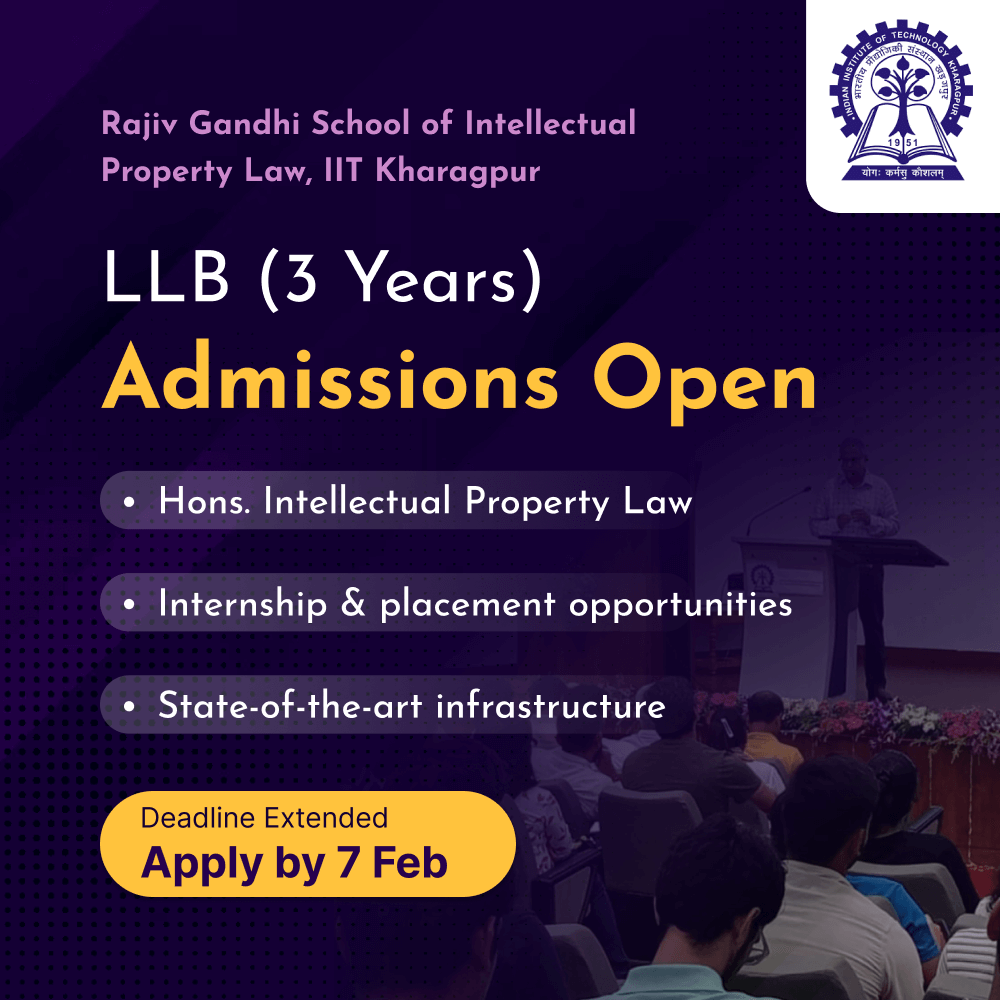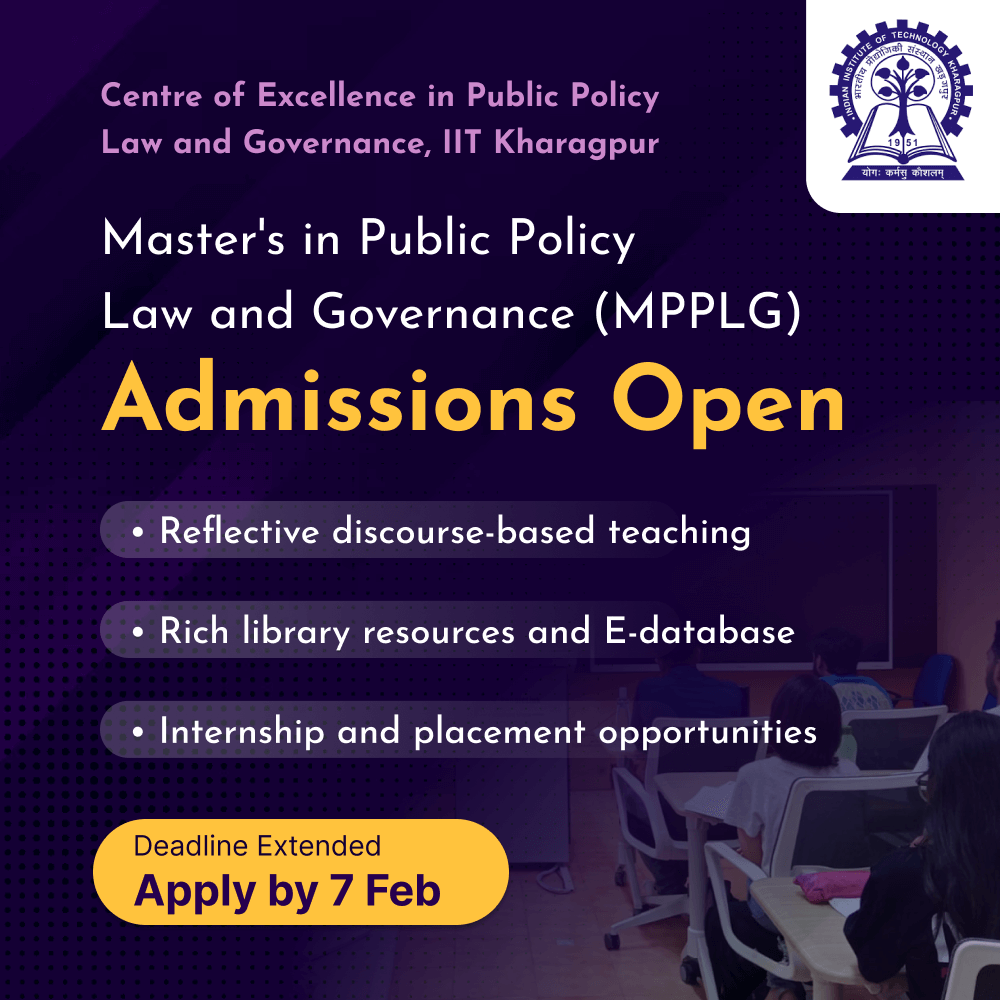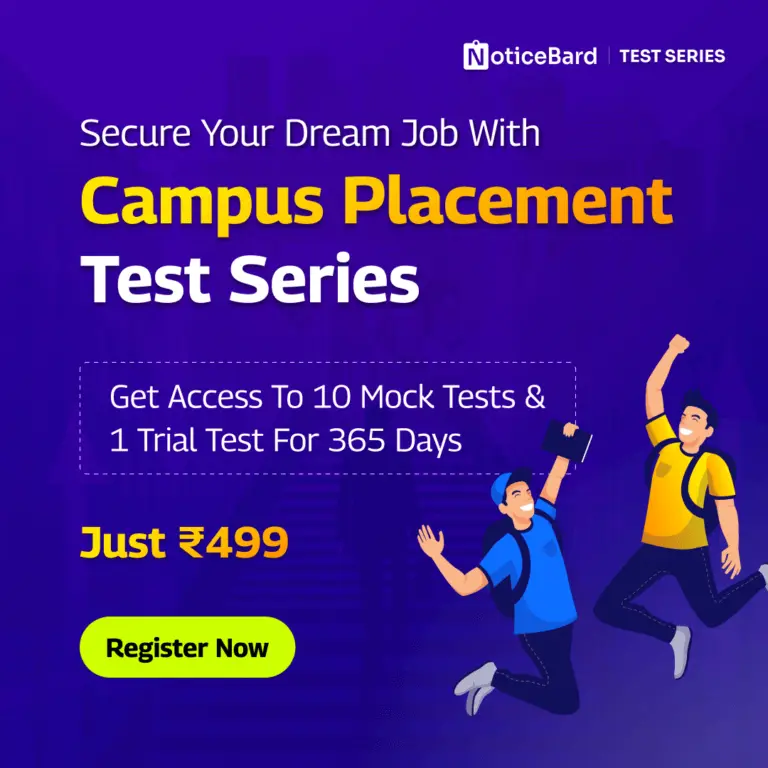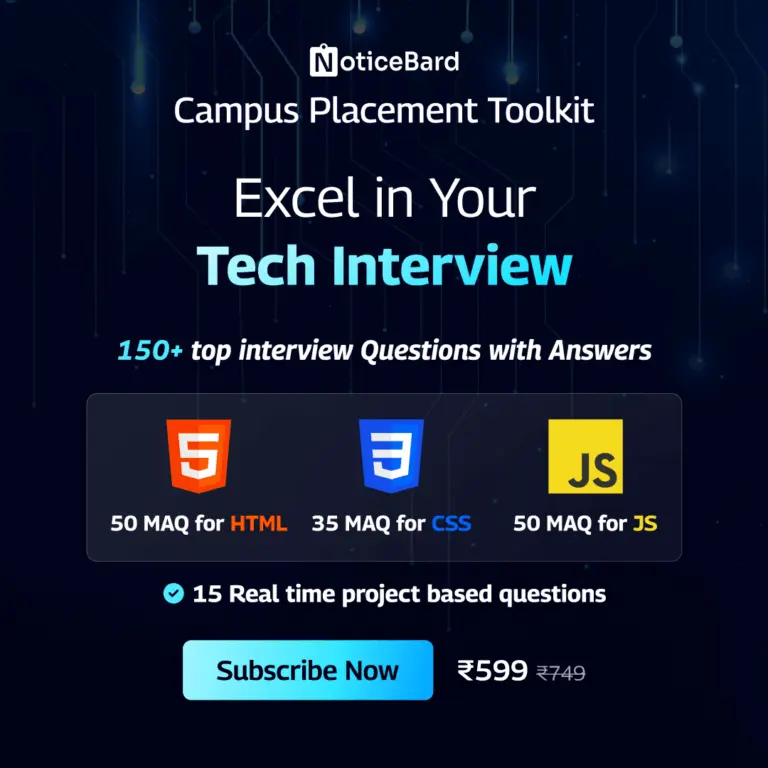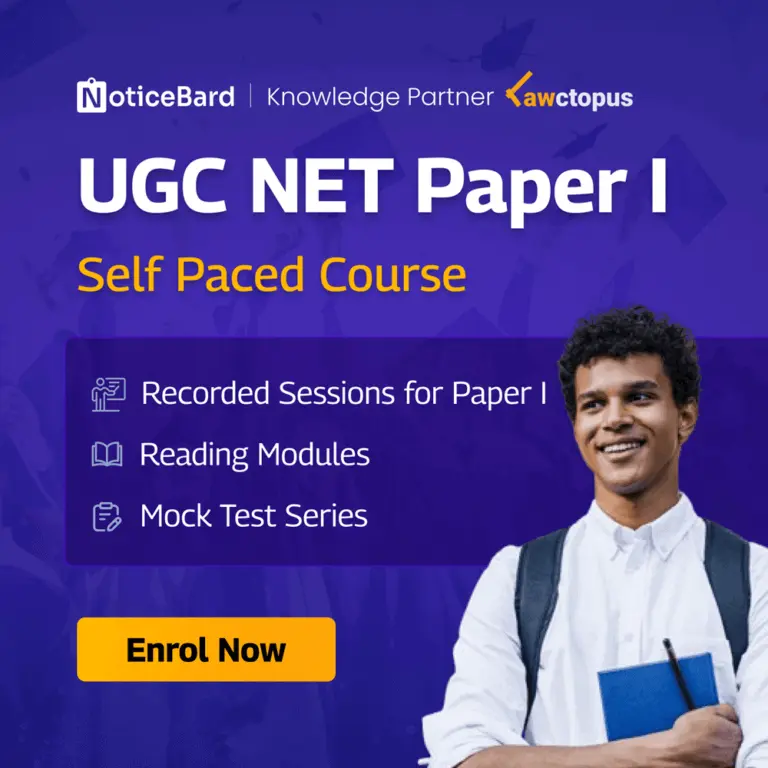The registration window is open for the Cyber Security Grand Challenge 2.0 by MeiTy and DSCI by MeiTy and DSCI. The application deadline is Feb 14, 2025!
About CSGC 2.0
The Ministry of Electronics and Information Technology (MeitY) has announced the launch of the Cyber Security Grand Challenge (CSGC) 2.0, implemented by the Data Security Council of India (DSCI) in collaboration with MyGov. This initiative aims to promote innovation and entrepreneurship in cybersecurity, advancing India’s goal of becoming a global leader in the field.
CSGC 2.0 focuses on recognizing startups offering innovative solutions to specific cybersecurity challenges. The challenge will also highlight ecosystem players who support and nurture startups, creating a conducive environment for cybersecurity research and innovation.
A key update in CSGC 2.0 is the expansion of recognition to six startups at the idea stage for each problem statement, increasing the total number of startups recognized at this stage to 36—three times more than in CSGC 1.0. Additionally, a new “Go-To-Market” stage has been introduced, complementing the existing Idea, Minimum Viable Product, and Final stages. Startups will receive mentorship throughout the process to help them grow into successful ventures.
With a total prize fund of INR 6.85 Crores, CSGC 2.0 promises to be one of India’s most rewarding cybersecurity challenges, aiming to drive innovation and cultivate the next generation of cybersecurity leaders.
Registration Process
- The team leader initiates the registration process by providing comprehensive personal information including contact details and educational as well as professional qualifications.
- Subsequently, the team leader proceeds to enlist the details of the team members. A team must consist of at least one member and can accommodate a maximum of three members.
- The team leader is required to furnish the following details on the registration page: team leader information (contact details, educational and professional qualifications), and provision for adding team members (name, contact details, email, educational, and professional qualifications).
- Team members will receive an email with a registration link to accept or decline the invitation to join the team.
- If the acceptance option is selected, the participant will be added to the team.
- If the decline option is selected, the team leader will be notified of the decision.
- Once a member accepts the team invitation, the team will be locked, and the member cannot join any other team.
- A member of one team cannot be a team leader for another team.
- During the ideation stage, no member can submit as the team lead.
- After registration, all team participants will receive a confirmation email at their shared email addresses.
*Note:
A team leader/member of 1 team cannot be the team leader/member of another team. Validations will be done via email ID.
“Draft” option will be available until the last date of the Idea Stage Nomination. No Draft & Submission option will be available after that.
Undertaking by Participants
- Team members need to abide by the terms mentioned in the Undertaking.
- Note:
- No Draft Option will be available once the Problem statement is submitted.
- Post Submission, Undertaking will be available for Team Leader in the View mode.
Eligibility Criteria
- Only Indian citizens are eligible to participate in the Cyber Security Grand Challenge 2.0. Both the team leader and all team members must be Indian nationals to qualify for participation.
- Ideas/Products should not violate / breach / copy any product already launched and / or copyrighted or patented.
- IPR/Patent registered for the product or part of the product (if any) should be owned by the nominating Indian entity. The product submitted should have been designed and developed in India.
- Participating team has to mandatorily register as entity as per following guidelines on being shortlisted at MVP stage of CSGC 2.0
- Company nominating in Cyber Security Grand Challenge 2.0 should comply with the start-up definition as defined by DPIIT at: http://startupindia.gov.in
- Upto a period of ten years from the date of incorporation/ registration, if it is incorporated as a private limited company (as defined in the Companies Act, 2013 or registered as a partnership firm (registered under section 59 of the Partnership Act, 1932 or a limited liability partnership (under the Limited Liability Partnership Act, 2008 in India.
- Turnover of the entity for any of the financial years since incorporation/registration has not exceeded one hundred crore rupees
StartUp Details
- Following the submission of team details and Idea Stage Nomination form, additional information regarding the organization is requested in Start-up Details. This includes the organization name, registration date, registration number, and other pertinent details.
- If team is not a registered entity, Participating team has to mandatorily register as entity as per following guidelines on being shortlisted at MVP stage of CSGC 2.0
- Company nominating in Cyber Security Grand Challenge 2.0 should comply with the start-up definition as defined by DPIIT at: http://startupindia.gov.in
- Upto a period of ten years from the date of incorporation/ registration, if it is incorporated as a private limited company (as defined in the Companies Act, 2013 or registered as a partnership firm (registered under section 59 of the Partnership Act, 1932 or a limited liability partnership (under the Limited Liability Partnership Act, 2008 in India.
- Turnover of the entity for any of the financial years since incorporation/ registration has not exceeded one hundred crore rupees
- Teams in the process of registering the organization may choose to skip this stage for completion at a later time.
Login into Account
- The idea nomination form can be filled and save draft till final submission only by Team Leader.
- Once the form is submitted, it cannot be edited.
Problem Statements
- API Security
- Development of an API security solution that detects anomalies, maintains data integrity, and automatically self-heals, in the context of enterprise environments and platforms like API Setu.
- Data Security
- Data security solutions to maintain security posture across diverse environments, detect anomalies, monitor and govern access and usage, and prevent data exfiltration
- Wearable Device Security and Privacy
- Security and privacy solutions for smart, connected wearable devices
- Clone and Fake App Mitigation
- Detecting and mitigating clone and fake apps
- AI for Threat Detection & Incident Response
- Autonomous monitoring through AI-powered expertise for threat detection & incident response and for self-governed actions, including integration of the solution with advanced security operations.
- Securing Next-Generation Biometric Systems
- Defending against vectors targeting next-generation biometric identification and authentication systems that withstand AI-powered threats
Evaluation Process
Idea Stage Nomination:
- Step I: First level quality check & review by Cyber Security Grand Challenge 2.0(CSGC2.0) organizing committee
- Assess compliance to eligibility criteria of participating teams.
- Assess the quality and completeness of the responses provided in the respective nomination forms.
- Step II: Assessment & Screening by Jury
- Finalize weightage to each parameter
- Conduct a detailed assessment of submitted ideas
- Contact SPOC to seek additional information/artifacts from the shortlisted nominations.
- If required, conduct onsite visits & and interviews and subsequently score individual ideas
- Shortlist top-scoring ideas and select the top 36 startups (*from one startup only one Idea will be qualified at the Idea stage)
- Final sign-off on the shortlisted startups by the Jury Panel.
Evaluation Parameters
| Parameter | Description |
| Approach towards Problem Solving | Product idea, degree of innovation, simplicity of final solution, uniqueness & scalability of Idea, novelty of approach |
| Business Use Case | Business case, USP and vision |
| Solution Technical Feasibility | Product features, scalability, interoperability, enhancement & expansion, underlying technology components & stack and futuristic orientation |
| Roadmap | Potential cost to build product, go to market strategy, time to market |
| Team Ability & Culture | Team leader’s effectiveness (i.e. ability to guide, ability to present idea), team members’ qualification, ability to market product, growth Potential of organization |
| Addressable Market | Natural sales appeal, affordability, ROI, sales distribution channel |
| Unique Features Proposed | List of unique features that the product will demonstrate and corresponding pain points these would address |
Timeline
| Grand Challenge Launch | 15th January 2025 |
| Last Date for Registration of Team | 14th February 2025 |
| Result for Idea Stage | 17th March 2025 |
| Last date for Submission of Minimum Viable Product | 16th May 2025 |
| Result for Minimum Viable Product Stage | 16th June 2025 |
| Last Date of Submission of Final Product | 1st September 2025 |
| Result for Final Product Stage | 1st October 2025 |
| Last Date for Go To Market Stage | 17th November 2025 |
| Finalization of Result for Go to Market Stage | 2nd December 2025 |
| Awards Ceremony | To be announced |
Please Note: The above-mentioned timeline can be updated. Participants need to have a regular check on the content for all the updates.
Prize Money

Important Links
Click here for post-team registration
Click here to view rules and guidelines
How to Submit?
Interested and eligible candidates can submit via this link.
Deadline
February 14, 2025.

